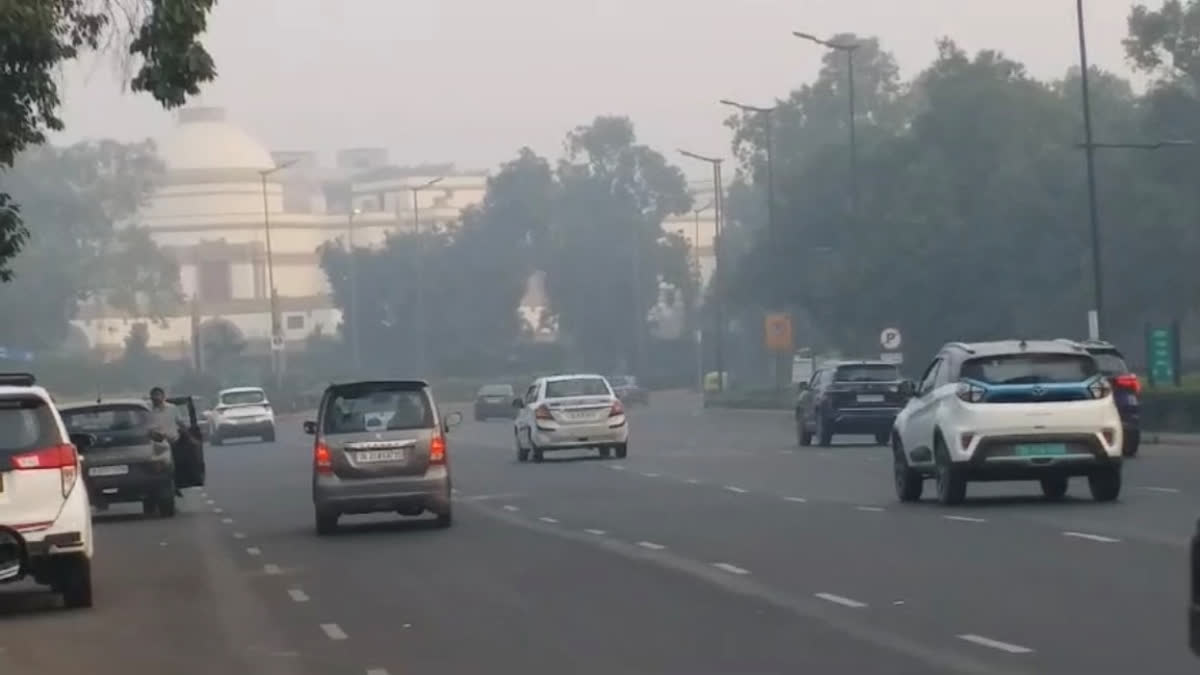New Delhi: As of Thursday morning, the air quality in the national capital remains entrenched in the ‘very poor’ category, with an Air Quality Index (AQI) recorded at 355, according to the Central Pollution Control Board (CPCB).
Key areas, including Bawana, Jahangirpuri, Mundka, Wazirpur, and NSIT Dwarka, reported AQI levels over 400, placing them in the “severe” category.
Environment Minister Gopal Rai announced the launch of a new campaign to discourage the open burning of waste as part of efforts to curb pollution. This initiative follows a Tuesday meeting with officials from 33 departments to review current actions under the Winter Action Plan and Graded Response Action Plan (GRAP) guidelines.
“AQI levels have consistently remained high since Deepavali, and due to lower temperatures and reduced wind speeds, the situation is likely to persist over the next 10 days,” said Rai.
As part of the campaign, multiple teams will monitor and prevent open waste burning, and essential measures will be implemented to reduce the impact of toxic air.
Additionally, the minister emphasised the provision of heaters for night-shift workers at construction sites to decrease reliance on open fires for warmth. “The concerned departments are on high alert to enforce anti-pollution measures proactively,” he added.
In neighbouring regions, air quality shows mixed trends. Ghaziabad and Noida, previously in the ‘very poor’ category, have improved to the ‘poor’ category, with AQI levels at 287 and 266, respectively, though some monitoring data was unavailable.
Meanwhile, Mumbai, with an AQI of 130, continues in the ‘moderate’ category, while Bengaluru (AQI 99) and Pune (AQI 123) remain in the ‘satisfactory’ and ‘moderate’ categories, respectively.
Further, Kolkata, Hyderabad, Lucknow, and Patna have AQI readings between 93 and 226, reflecting ‘moderate’ to ‘poor’ air quality. In Ahmedabad, air quality remains ‘moderate’ with an AQI of 145.
An analysis of Delhi’s air quality revealed that PM2.5 levels in October were 2.5 times higher than in September, with stubble burning contributing less than 10% to this pollution.
The CPCB classifies AQI between 301 and 400 as 'very poor' and levels above 400 as 'severe', underscoring the urgent need for stringent anti-pollution measures as winter progresses.
Read More:



